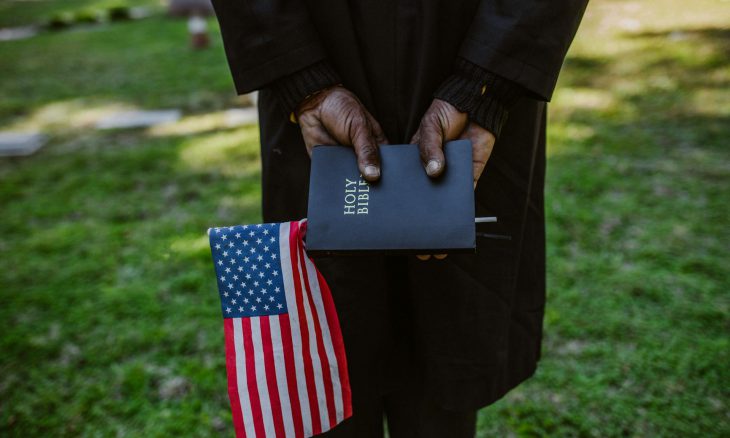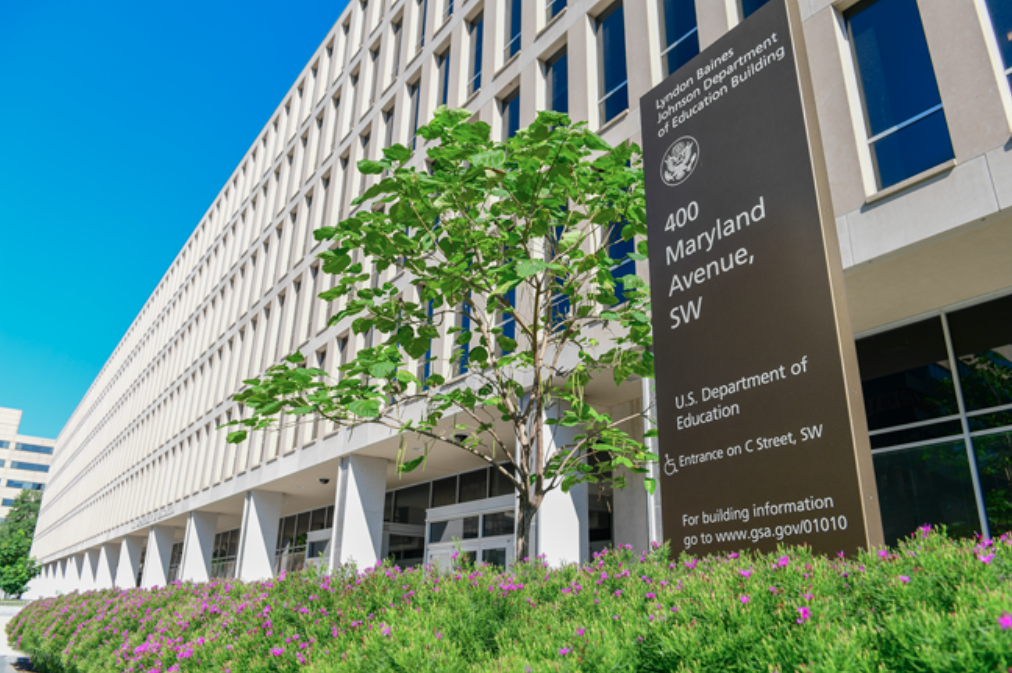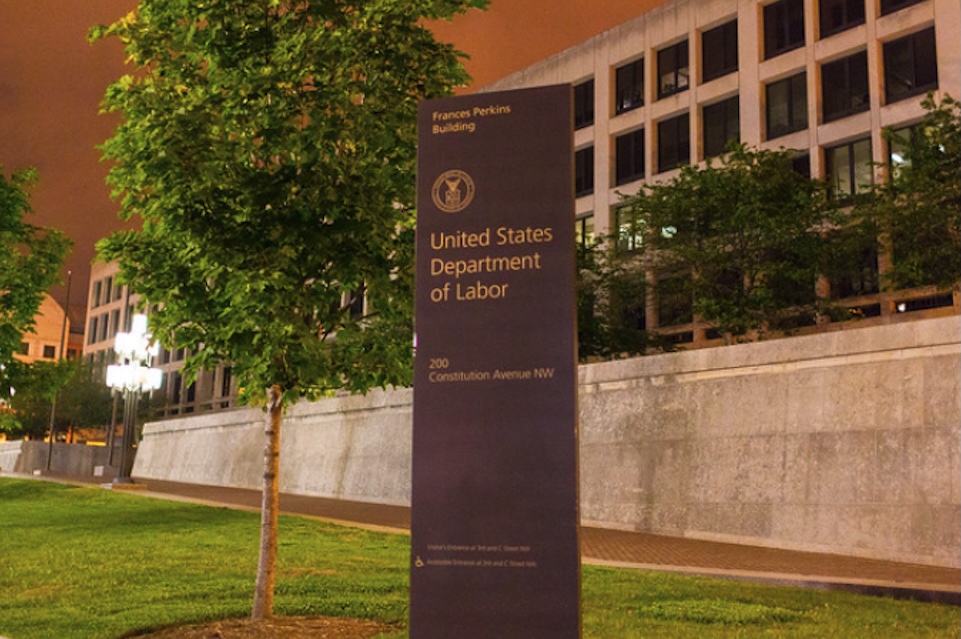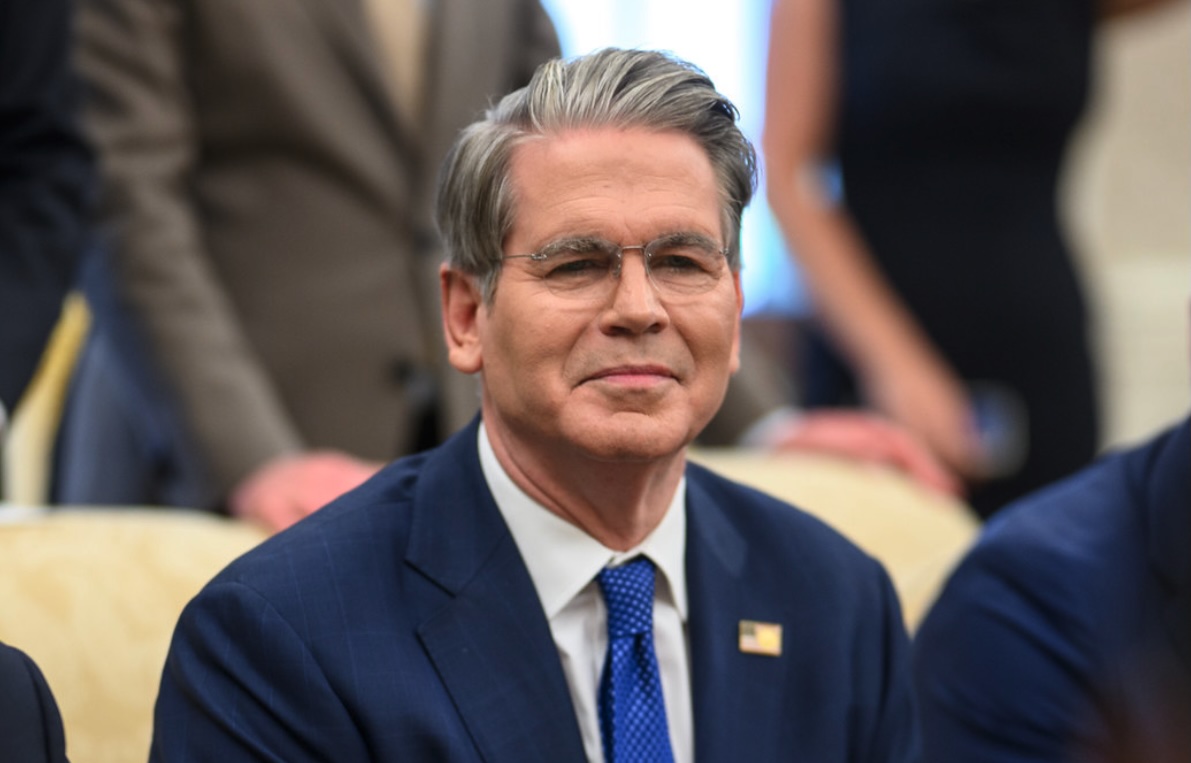How the founders’ vision, constitutional principles, and modern legal battles shape the balance between faith and government.
PRAY FIRST for the Lord to give our leaders discernment to uphold religious freedom and wisely discern how faith and government can coexist without compromising either.
Blessed are those who keep justice, who do righteousness at all times! Psalm 106:3
The phrase “separation of church and state” is often cited in discussions about religious freedom and government involvement in religion. While the exact phrase does not appear in the U.S. Constitution, its origins and interpretations have significantly influenced American law and culture.
The Origins of the “Wall of Separation”
In 1802, President Thomas Jefferson wrote a letter to the Danbury Baptist Association in Connecticut, assuring them that the First Amendment created a “wall of separation between Church & State.” This metaphor was intended to emphasize that the government would not interfere with religious practices, nor would it establish a national religion.
Although the phrase “separation of church and state” isn’t in the Constitution, the First Amendment states, “Congress shall make no law respecting an establishment of religion, or prohibiting the free exercise thereof.” These two clauses—the Establishment Clause and the Free Exercise Clause—form the foundation for discussions about the relationship between religion and government.
The Establishment Clause in the First Amendment prohibits the government from establishing an official religion or favoring one religion over another. In the landmark case Engel v. Vitale (1962), the Supreme Court ruled that it is unconstitutional for state officials to compose an official school prayer and encourage its recitation in public schools, reinforcing a separation.
The Free Exercise Clause protects individuals’ rights to practice their religion freely, if it does not violate public morals or a compelling governmental interest. For instance, in Prince v. Massachusetts (1944), the court held that the state could require the inoculation of children despite parental religious objections, emphasizing the state’s interest in public health.
These clauses often interact in complex ways, requiring courts to balance the government’s interest in maintaining neutrality with individuals’ rights to religious expression.
The Founding Fathers’ Religious Beliefs
The religious beliefs of America’s Founding Fathers were diverse. While many were Christians, others were deists or held unorthodox beliefs. Deism, a belief in a rational creator who doesn’t intervene in human affairs, was common among figures like Thomas Jefferson and Benjamin Franklin.
The Church of England, as the official state church, played a key role in shaping the experiences of many early American settlers who fled religious persecution in England. This, with the diversity of beliefs among the Founding Fathers, influenced the decision to separate church and state—ensuring no single religious perspective would dominate the government. The 1797 Treaty of Tripoli, ratified unanimously by the Senate, explicitly stated “the Government of the United States of America is not, in any sense, founded on the Christian religion,” highlighting the founders’ intent to establish a secular government. This was to reassure foreign nations that the United States had no religious bias in its foreign policy.
Evolving Interpretations and Contemporary Debates
Over time, interpretations of the separation between church and state have evolved. In Lemon v. Kurtzman (1971), the Supreme Court established the “Lemon Test” to determine if a law violates the Establishment Clause. The test considers whether the law has a secular purpose, doesn’t advance or inhibit religion, and doesn’t result in excessive government entanglement with religion.
“In God We Trust” first appeared during the Civil War, and was adopted as the national motto in 1956 during the Cold War. Courts have generally ruled that this is a ceremonial deism, a traditional, non-religious expression that doesn’t violate the Establishment Clause because it is symbolic and does not promote or require religious belief.
Recent debates have focused on issues like public funding for religious charter schools and the display of religious symbols in public spaces. For example, in 2025, the U.S. Supreme Court reached a tie in a case concerning a proposed taxpayer-funded Catholic charter school in Oklahoma, which allowed the lower court’s decision to block the school to stand.
These debates highlight the ongoing tension between respecting religious freedom and maintaining government neutrality.
Why It Matters and How We Can Respond
The idea of separating church and state isn’t meant to push faith aside. It is meant to protect it. As Christians, we believe that genuine faith cannot be imposed by law or compelled by government power. It must be freely chosen and deeply rooted in the heart. A healthy separation between church and state protects our ability to worship, speak, and live faithfully without fear of interference, favoritism, or coercion.
When the government remains neutral on religious matters, all people, including Christians, are freer to live out their beliefs fully and authentically. This protection benefits believers and non-believers alike and reinforces the biblical call to treat others with respect and dignity, even when they think or believe differently.
In a pluralistic society, our voice should be both clear and kind, seasoned with conviction and compassion. As Colossians 4:6 says, “Let your speech always be gracious, seasoned with salt, so that you may know how you ought to answer each person.” Rather than framing this as a battle to win or a culture to reclaim, perhaps we can see it as an opportunity: to model integrity, pursue neighborly respect, and care deeply about how laws affect those around us.
As Jesus calls us in Matthew 5:16 to let our light shine before others, we are encouraged to boldly live out our faith in our nation—so that through our actions, others may see God’s goodness and give glory to Him.
HOW THEN SHOULD WE PRAY:
— Pray for God to guide us and raise awareness among us and our neighbors and for us to understand our rights and responsibilities in the digital age. The prudent sees danger and hides himself, but the simple go on and suffer for it. Proverbs 22:3
— Pray for God to direct our leaders to pioneer ethical innovation and for technology be used to serve people, not exploit them. Do not be overcome by evil, but overcome evil with good. Romans 12:21
CONSIDER THESE ITEMS FOR PRAYER:
- Pray for God to grant us courage to live out our faith openly, with humble hearts to be a shining light and example of His love and grace.
- Pray for judges, lawmakers, and citizens would approach church-state questions with clarity, nuance, and a desire to uphold freedom for all.
- Pray for God to shape the church’s witness so it reflects the humility and love of Christ.
Sources: First Amendment Encyclopedia, Britannica, Beaumont Enterprise, AP News, Library of Congress, United States Courts









